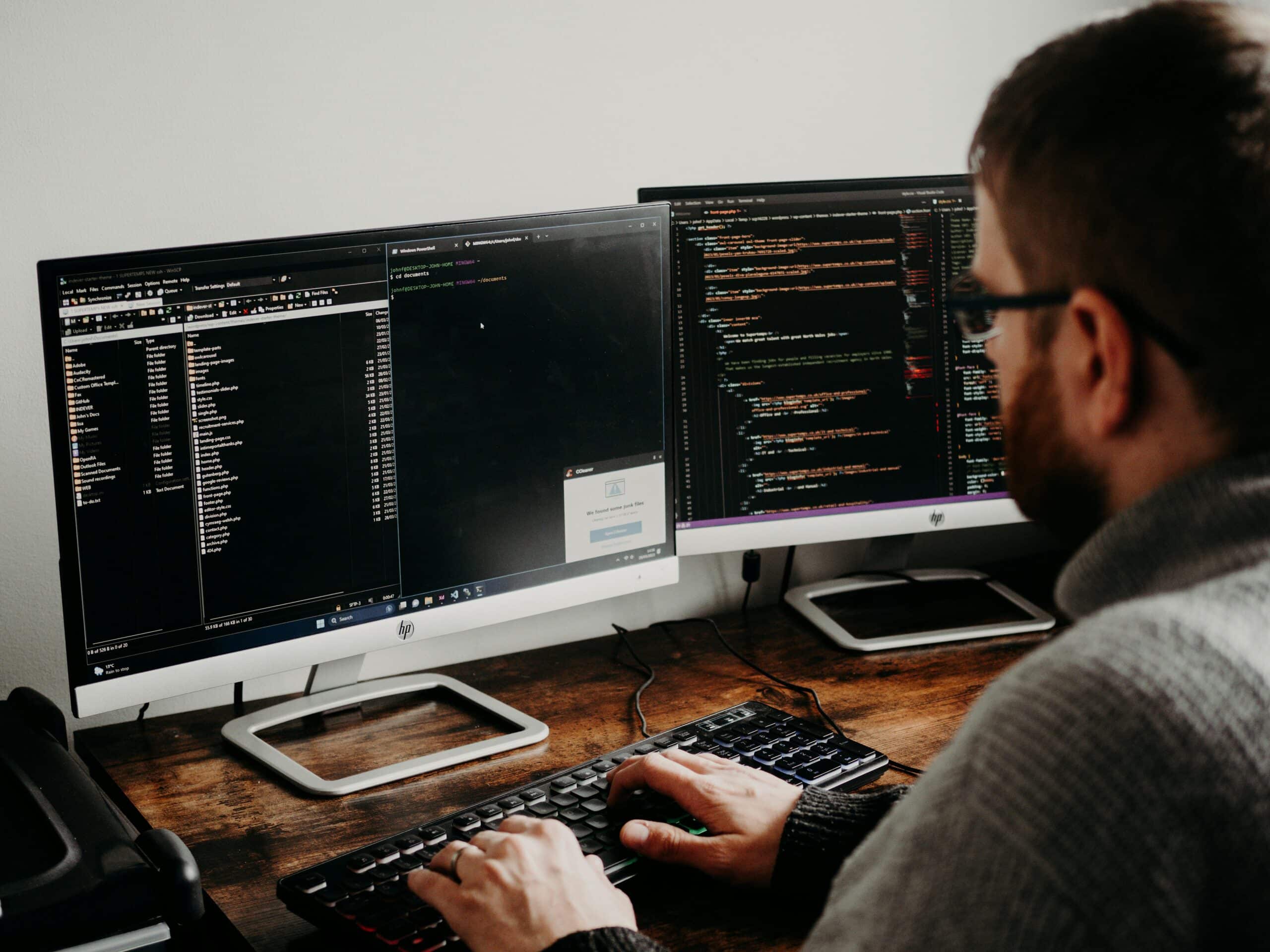
How to Teach Yourself Coding: A Beginner’s Guide
In today’s digital age, coding has become an essential skill, not just for IT professionals, but for anyone looking to enhance their career prospects. Whether you’re a complete novice or someone with a bit of tech savvy, teaching yourself to code can open doors to numerous opportunities. This guide is designed to help you navigate the world of self-taught programming, offering insights into the best resources for learning coding and how to start coding from scratch.
Why Learning to Code Matters

The importance of coding cannot be overstated. In a world where technology drives innovation, having the ability to understand and write code gives you a competitive edge.
High Demand for Coding Skills
With the rise of digital transformation, companies across various industries are seeking individuals with coding skills. From web development to data analysis, coding is a foundational skill that can lead to lucrative job opportunities.
Enhancing Problem-Solving Abilities
Coding is not just about writing lines of code; it’s about solving problems. By learning to code, you develop logical thinking and problem-solving skills that are applicable in many aspects of life.
Flexibility and Independence
Being able to code allows you to create your own projects, automate tasks, and even start your own tech business. It provides a level of independence that is highly rewarding.
Getting Started: How to Start Coding from Scratch
Embarking on your coding journey can seem daunting, but with the right approach, it becomes manageable and enjoyable.
1. Choose the Right Programming Language
The first step in your coding journey is to choose a programming language. Consider what you want to achieve:
- For web development: HTML, CSS, and JavaScript are great starting points.
- For data science: Python is highly recommended.
- For app development: Swift (iOS) or Kotlin (Android) are popular choices.
2. Set Realistic Goals
Setting achievable goals is crucial when learning to code. Start with small, manageable projects that gradually increase in complexity. This helps you build confidence and stay motivated.
3. Create a Learning Schedule
Consistency is key when learning a new skill. Dedicate a specific amount of time each day or week to coding. Whether it’s 30 minutes or two hours, regular practice is essential for progress.
Best Resources for Learning Coding

The internet is brimming with resources for self-taught programming. Here are some of the best platforms and tools to kickstart your coding journey:
1. Online Courses and Tutorials
Platforms like Codecademy, Udemy, and Coursera offer comprehensive courses in various programming languages. These courses often include interactive exercises, quizzes, and projects to reinforce learning.
2. Coding Bootcamps
For a more immersive experience, consider enrolling in a coding bootcamp. These intensive programs provide hands-on training and mentorship, helping you gain practical coding skills in a short period.
3. Open Source Projects
Contributing to open-source projects is an excellent way to gain real-world coding experience. Platforms like GitHub host numerous projects where you can collaborate with other developers and learn from their code.
4. Coding Communities and Forums
Joining coding communities such as Stack Overflow, Reddit’s r/learnprogramming, or local meetups can provide support, answer your questions, and connect you with fellow learners and experienced coders.
Common Mistakes to Avoid in Self-Taught Programming
While self-learning offers flexibility, it’s not without its challenges. Here are some common mistakes to avoid:
1. Skipping the Basics
It’s tempting to dive into complex projects, but having a solid understanding of the basics is crucial. Ensure you have a firm grasp of fundamental concepts before moving on to advanced topics.
2. Ignoring Documentation
Documentation is an invaluable resource for any programmer. Make it a habit to read and understand the documentation of the languages and tools you’re using.
3. Not Seeking Help
Don’t hesitate to ask for help when you’re stuck. Reach out to coding forums, communities, or mentors who can provide guidance and support.
Advanced Insights: Expert Recommendations for Self-Taught Programmers

As you progress in your coding journey, consider these expert recommendations to enhance your learning experience:
1. Build a Portfolio
Showcase your skills by building a portfolio of projects. Whether it’s a personal website, a mobile app, or a data analysis project, having a portfolio demonstrates your abilities to potential employers or clients.
2. Stay Updated with Industry Trends
The tech industry is constantly evolving, so it’s important to stay updated with the latest trends and technologies. Follow tech blogs, attend webinars, and participate in online courses to keep your skills current.
3. Network with Industry Professionals
Networking plays a vital role in career growth. Attend tech conferences, join professional organisations, and connect with industry professionals on LinkedIn to expand your network and learn from their experiences.
Teach Yourself to Code: The Ultimate Beginner’s Guide to Programming Success
Learning to code is a journey that requires dedication, patience, and a willingness to learn. By following this beginner’s guide, you’ll be well on your way to becoming a proficient coder. Remember, the key to success in self-taught programming is consistency, leveraging the best resources for learning coding, and staying motivated.
So, take the first step today and unlock the endless possibilities that coding has to offer. Whether you’re aiming for career advancement, personal projects, or simply exploring a new skill, coding is a powerful tool that can transform your future.